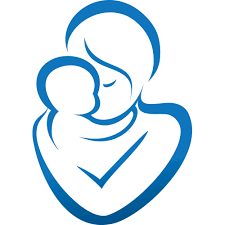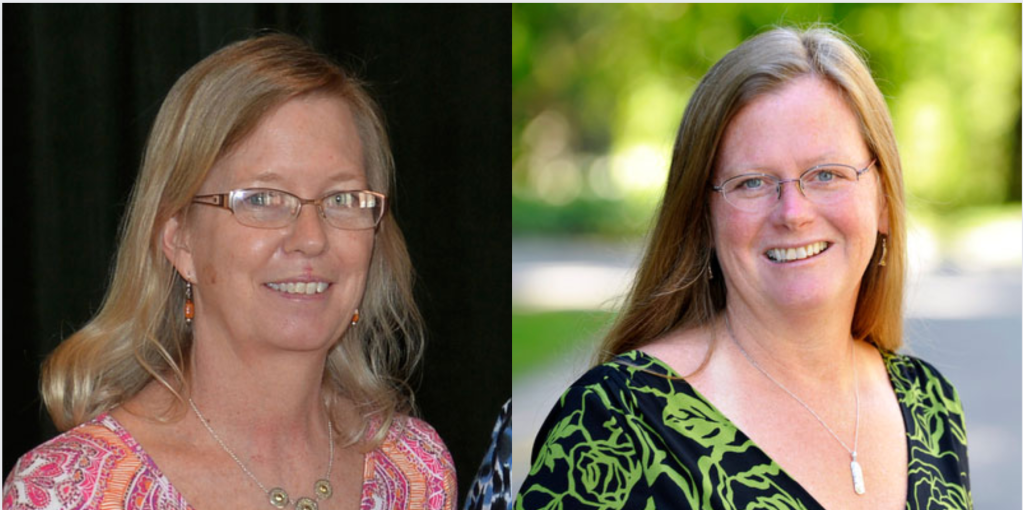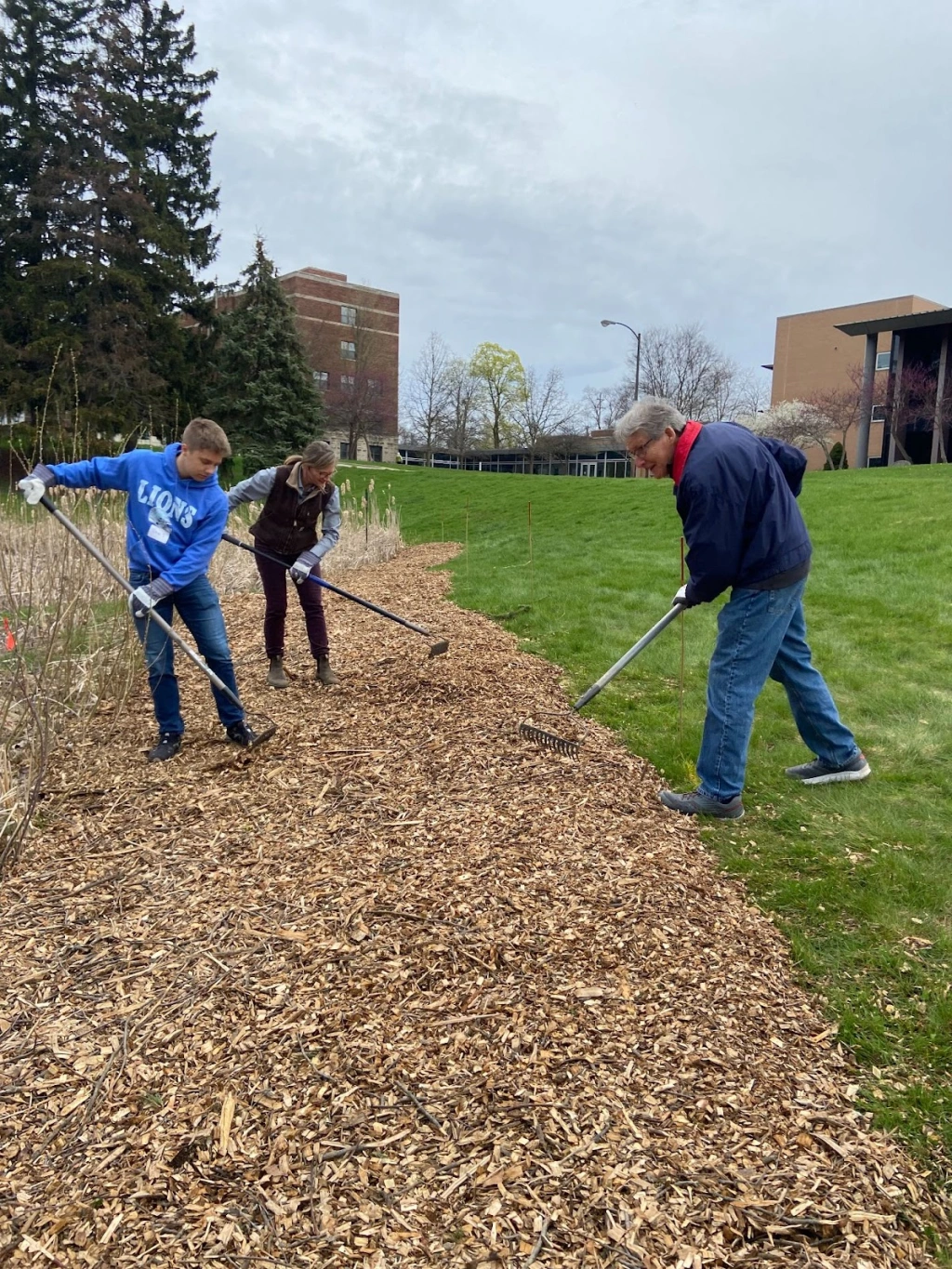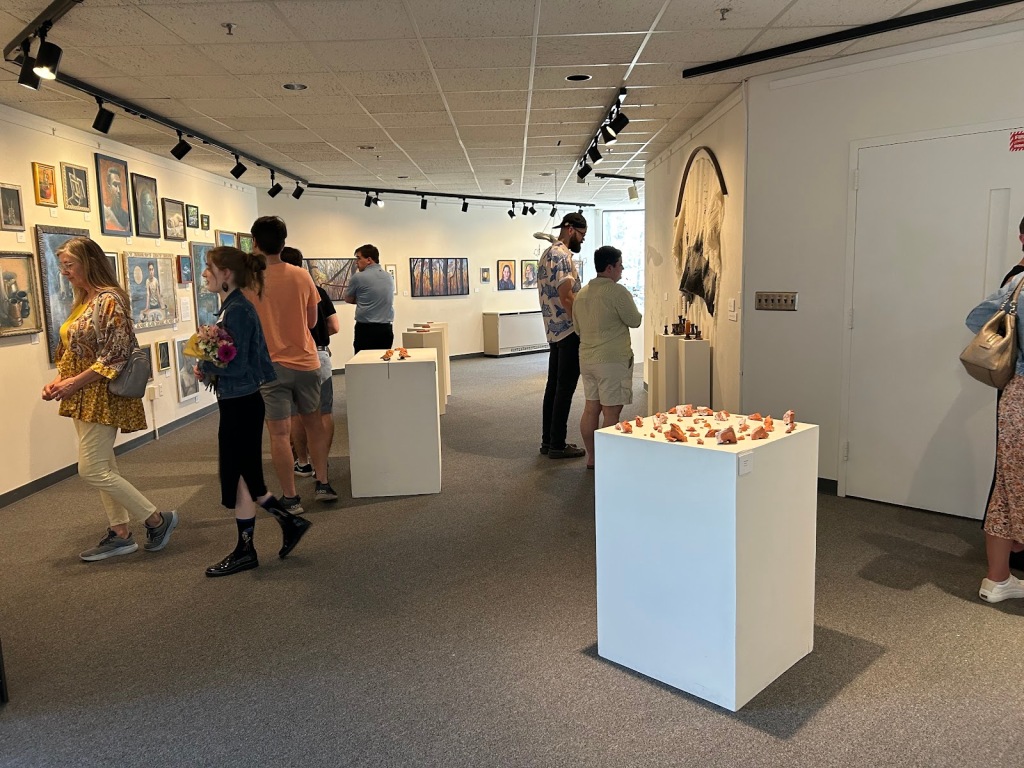Story by Lillian Syren, Culture Columnist
February 16th marked the start of the Michigan 2024 Model Arab League conference. Developed by the National Council on U.S. Arab Relations in 1983, Model Arab League, or MAL, celebrated its 40th anniversary just last year. Having been established in 1945, the Arab League is the oldest regional political organization, predating even one of the largest Intergovernmental Organizations: the United Nations. Since then, MAL has been pivotal in developing students’ leadership and diplomatic skills for use both in and beyond the classroom. The preparations for and the conferences themselves give students a hands-on opportunity to experience and engage in diplomacy and educate themselves on overseas affairs. By researching and learning more about a specific delegate country’s policies, diplomacy becomes more honed in and refined. This is not just a Middle Eastern Politics lecture, it is a model council session wherein you represent your country and you draft and vote on resolutions. What better way to understand and immerse yourself in the politics of the Arab World than to engage with the very politics themselves in a serious, formal setting?
These kinds of models like Model United Nations and Model Arab League are critical in developing students’ diplomatic skills. On an even grander and perhaps more important scale, they educate participants on the actuality of the policies of each government in the Arab World. Having this immersion and pursuing this research can formulate opinions or even change and correct previous misconceptions about the general affairs of state in the Middle East. This conference remains even more relevant now with the current War in Palestine. The violence that increases day after day and is ultimately genociding the Palestinians did not fabricate out of thin air. Israel and Palestine have a long and violent history between them, and for the Arab world, picking a side has been the make or break of a country’s membership in the Arab League. Without understanding the context of Palestine’s identity in the Arab world, it’s futile to try and make judgments or critical commentary about what happens overseas.
This year, Aquinas represented five countries: Algeria, Lebanon, Morocco, Saudi Arabia, and Syria, and the combination of Hope College, GVSU, GRCC, University of Michigan Dearborn, Eastern Michigan University, and Spring Arbor University represented 14 other countries. The different committees Aquinas had were the Joint Defense Council, the Council on Palestinian and Political Affairs, and the Council of Arab Social Affairs. We will hear more later this year for Model United Nations!




